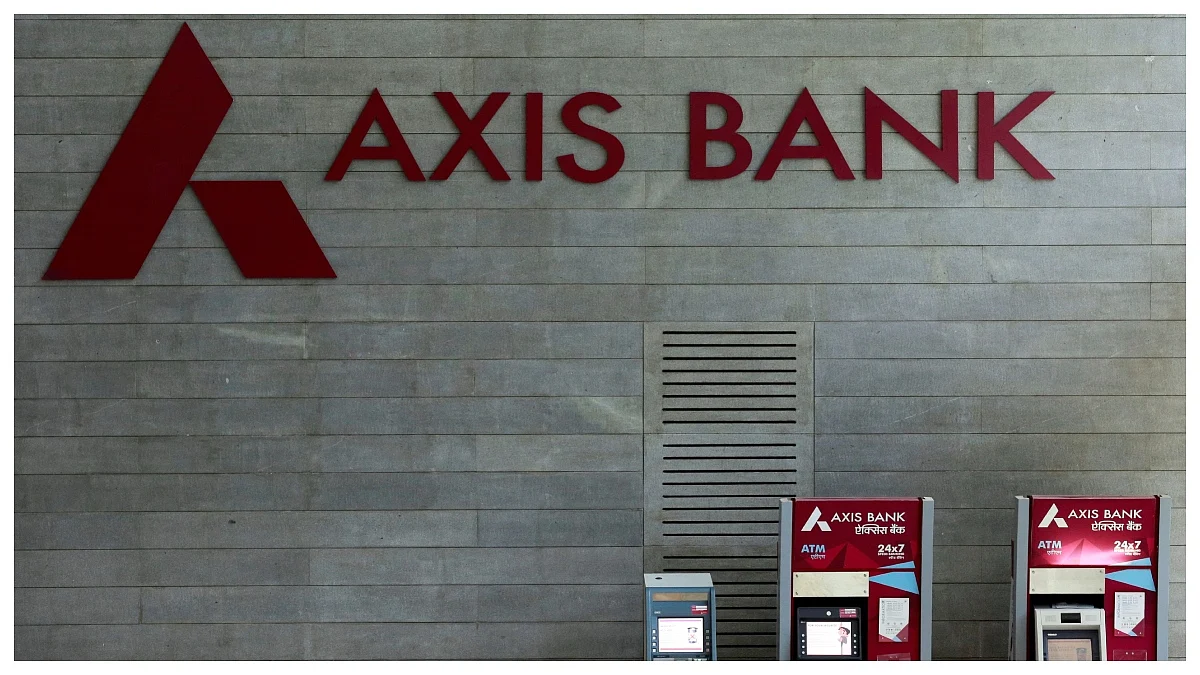India's fixed-income landscape is changing. Corporate bond issuances are creating a new narrative in the bond market. There is a growing appetite for predictable, inflation-beating returns.
According to recent data released by the Reserve Bank of India, in FY25, companies raised a record of ₹9.9 lakh crore through corporate bonds. Over the previous year, they gained a 28% increase. In India's corporate bond market, a rise in corporate bond issuance signals growing traction. Private corporate capex's upstick is evident.

India is set to be the third-largest economy by 2028. Hence, the increased corporate debt outlay is likely to power growth.
According to RBI's June 2025 Financial Stability Report, India's overall bond market earned ₹226 lakh crore, around USD 2.6 trillion. Corporate bonds in India account for over ₹53.6 lakh crore in outstanding stock. In India, the rest includes government bonds, treasury bills, and state development loans.
Institutional investors dominate the Indian bond market despite this expansion. According to market estimates, mutual funds, insurers, banks, and pension funds hold 96% of outstanding corporate bonds.
By contrast, retail participation rate is in the low single digits.
Until recently, many top-rated bonds had minimum investment sizes of ₹1 lakh or more. This ruled out many retail investors. The Securities and Exchange Board of India (SEBI) reduced the minimum ticket size to ₹10,000, improving the accessibility of the bond market.

Liquidity is the second pain point, as the secondary corporate bond market remains uneven, with only 3.8% of the total outstanding stock traded monthly. This lack of depth made it harder for individuals to exit their positions before maturity. This concern is especially relevant for those accustomed to the liquidity of stocks or mutual funds.
According to CRISIL, a credit rating agency, BBB-rated bonds with a three-year tenure have the highest default rate among investment-grade bonds, at just 2.21%. The lower default rates speak to the safety of corporate bonds as an investment alternative to riskier and more volatile asset classes, such as equities, gold, and real estate.









